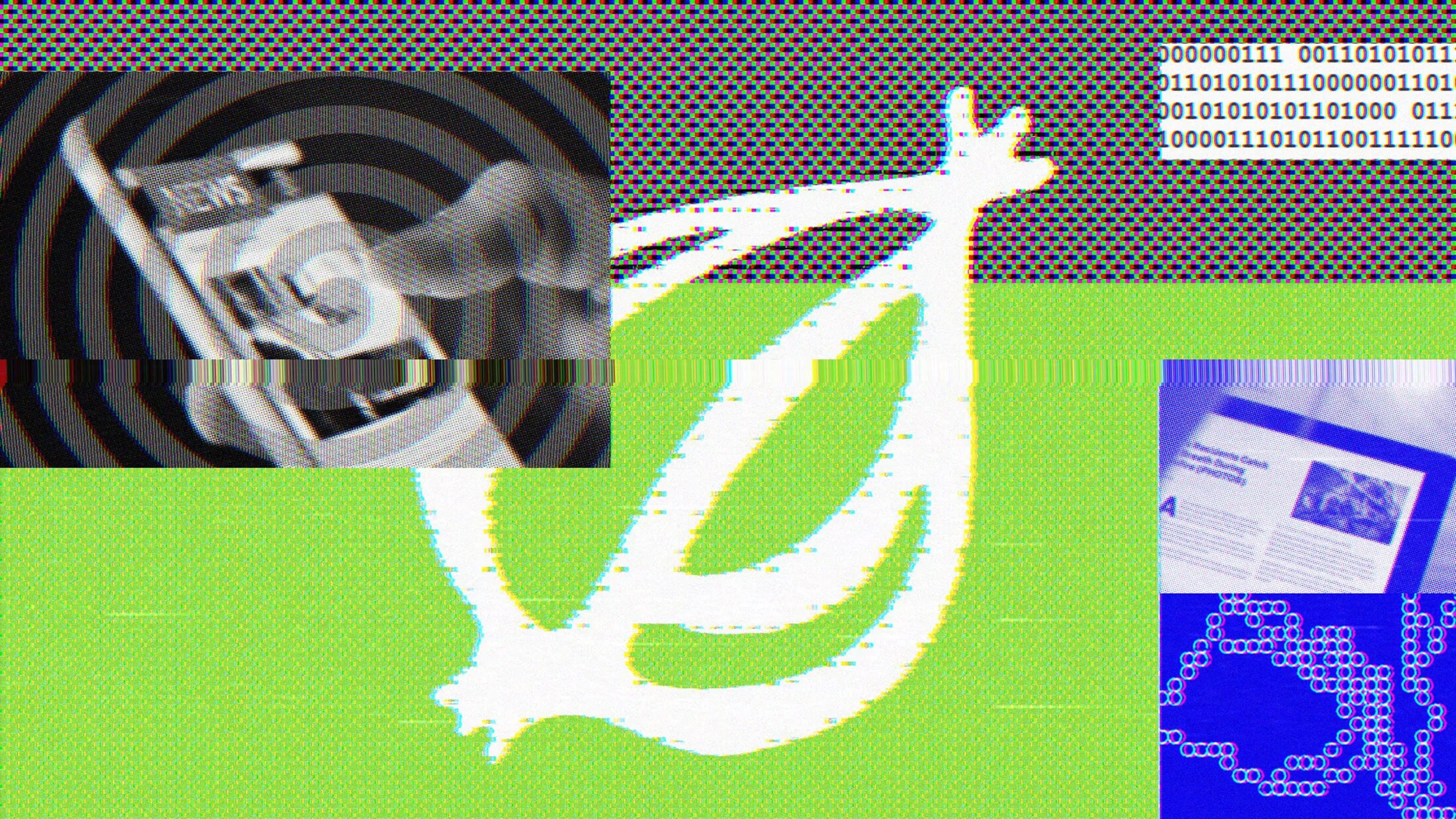One Poke Over The Line

Another day, another mainstream media piece that misses the mark on Facebook.
I have an idea for my fellow print journalists. Since owners are now secretly colluding to contrive ways of making money off our content, let’s get together and conspire to make that content better. And here’s my first suggestion: A two-week moratorium on all pieces about Facebook. No stories at all with the word Facebook in them, unless the site ceases to be, or a disgruntled unfriending victim makes an attempt on Mark Zuckerberg’s life with an axe.
This may take some restraint. Print loves stories about the social-networking behemoth for myriad reasons, including: 1) they’re easy—the company’s product and machinations are relatively transparent, and tracking down a Facebook member for comment is hardly a J-school final project; 2) they sell papers and get impressions both from Facebook’s phalanxes of youngish users and from oldsters curious about what lives inside this newfangled devil box; and 3) they sublimate journos’ overpowering desire to prognosticate on the faltering of the web, of which notionally fragile networking sites seem a vanguard. Oh, and 4) they’re very, very easy.
Facebook has recently won the title of the world’s most popular social-networking site and keeps expanding—170 million users at last count. In the press, meanwhile, it’s become synecdoche for everything that happens online. It gets so much attention from the mainstream media, in fact, that the guys behind the once-mightier MySpace went on Charlie Rose not long ago to whine about how little their site gets name-dropped these days.
But serious journalistic inquiries into Facebook, its product or its corporate future, are most often—like friending your ex’s parents—deeply mistaken and flawed from the start. The latest offender is this week’s New York cover story by Vanessa Grigoriadis, a fantastic writer and usually a very good journalist. I hope my moratorium will save others like her.
The news peg for “Facebook Revolt” is a highly-publicized incident a few weeks old, in which angry users forced the company to turn a volte face on the question of whether it owned their content.
Grigoriadis uses the story as a diving board into a deep end of prophecy about Facebook’s fragility. “One day the numbers are growing exponentially, and the next they’re stagnant, none of the users are actually showing up, and there’s another network that’s getting all the buzz,” she writes. “Friendster had numbers. AOL had numbers…It’s easy to join on the web and just as easy to leave.” This is more Delphic than it sounds at first. Yes, very popular things have betimes become unpopular (Friendster, Seattle, the Julian Calendar) but the nanometric history of the Internet offers very little precedent for something like Facebook, something not just supercool but also fully integrated into hundreds of millions of lives. What could recommend the sudden possibility of such a precipitous collapse?
Grigoriadis, like others in her sphere, dwell on discontent over the site’s recent redesign—a 2.5 mil-strong group is incensed at the new interface. Facebook watchers have a remarkably short memory. This is a story that has played out at least a half-dozen times in the site’s brief history: Stuff changes, people freak out, time passes, people come to their senses. Three years ago a proportional uprising protested the news feed, now an indispensably popular element of the site. As Slate’s Farhad Manjoo aptly argued last week, this “revolt” too shall pass.
And as for the notion that a new “Facebook democracy” could topple a fragile, undermonetized entity that needs to be run oligarchically, it’s probably a bogeyman. For Facebook to bend to its users’ new de iure will, it will require 30% of active members to redress a specific grievance. At its current rate of growth, that will soon be more people than voted for Barack Obama.
By turns, Grigoriadis is absurdly hyperbolic and critically myopic. The promise of Facebook, she snarks, is “the utopian hope for it: the triumph of fellowship; the rise of a unified consciousness; peace through superconnectivity.” There’s no way to respond to this except to remind ourselves that Facebook is a utility, like your faucet or your car, and so far a remarkably durable one. And it’s this utility that is so often misunderstood in pronouncements like the latter sort: “Facebook has created a space similar to a college quad, where members can check each other out, talk about culture, gossip, and pass mash notes.”
Grigoriadis’ glib assessment is roughly as reductive as claiming that magazines are useful as coasters and makeshift umbrellas.
Facebook is the largest photo-sharing site on the Internet—easily beating out dedicated snapshot studio Flickr. This is no college-quad feat: Photos are only increasingly critical in spreading information, and Facebook’s photojournalistic capacity is still untapped. (It’s not unreasonable to imagine that this Depression’s Agee and Evans will have nothing but a Facebook album.)
More importantly, it’s the youth’s medium of choice for sending messages (it’s more popular than email), planning events, and organizing politically. Other sites (Friendster) have made good in the short-term by offering the sort of space Grigoriadis describes for nugatory gossip and amorous overtures, but Facebook has won the battle by getting its users addicted to its infrastructure.
The core of Facebook—its peerless capacity for binding networks of friends, colleagues and associates—has become irrevocable and ineluctable. It’s not going anywhere. The peripheral stuff—redesigns, abstruse changes to service terms—is really trivial and ephemeral, as much as it may be fodder for a media that seems to have forgotten that there are two wars and a great depression going on.




